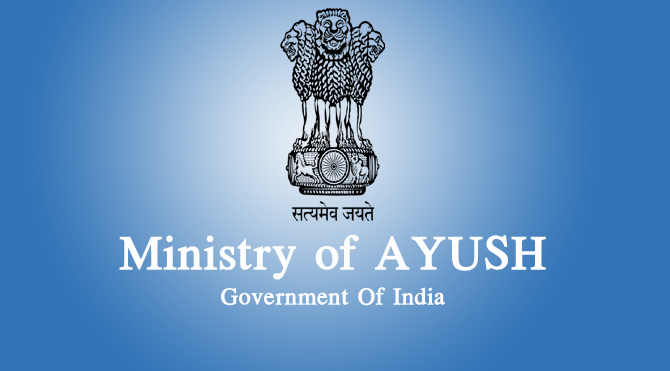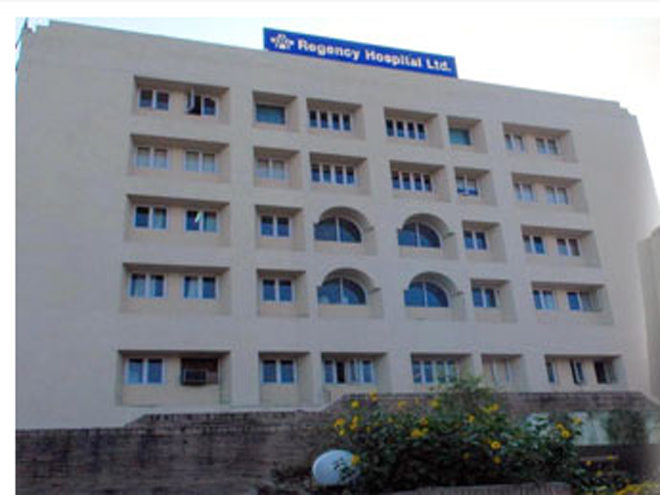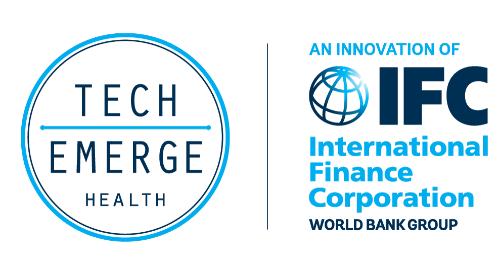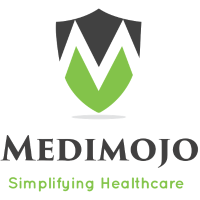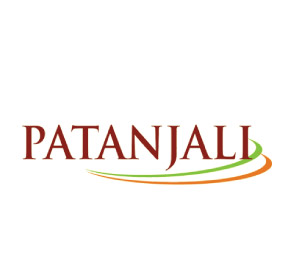
 In a stakeholder meet organised on the National Safe Motherhood Day to highlight the right of every woman to quality maternal health services, the White Ribbon Alliance India (WRAI) endorsed the Respectful Maternity Care (RMC) charter which demonstrates the legitimate place of maternal health rights in the broader context of human rights. The charter has already been adopted in Nigeria and Nepal.
In a stakeholder meet organised on the National Safe Motherhood Day to highlight the right of every woman to quality maternal health services, the White Ribbon Alliance India (WRAI) endorsed the Respectful Maternity Care (RMC) charter which demonstrates the legitimate place of maternal health rights in the broader context of human rights. The charter has already been adopted in Nigeria and Nepal.
Government officials, elected representatives and civil society advocates assembled under a single roof on the occasion to bring attention to safe motherhood. At the event, the Respect for Maternity Care charter was unveiled. The Charters has 7 basic principles that state the right of women to be free from abuse, right to consent on their treatment, right to privacy, right to dignity and respect, right to freedom from discrimination, access to healthcare and right to liberty.

Endorsing the charter, Dr Aparajita Gogoi, utive Director, Centre for Catalysing Change stated, Respectful Maternity Care is an important issue for a country like India where 45,000 women die in pregnancy and childbirth each year, accounting for 17 per cent of all maternal deaths worldwide. It stands for the rights for quality care and for womens autonomy, dignity, feelings, choices, and preferences that must be respected. Womens experiences with maternity caregivers can empower and comfort them, or inflict lasting damage and emotional trauma. Evidence suggests that in countries with a high maternal mortality burden like India, the fear of disrespect and abuse that women often encounter in facility-based maternity care is a more powerful deterrent to use of skilled care than commonly recognised barriers such as cost or distance.
The stakeholders meet, organised by the White Ribbon Alliance (WRA) for Safe Motherhood, saw the participants discuss collaborative strategies to eliminate disrespect and abuse during maternity care. The participants noted that making motherhood safer requires women’s human rights to be guaranteed and respected. These include their rights to good quality services and information during and after pregnancy and childbirth; their right to make their own decisions about their health freely, without coercion or violence, and with full information; and the removal of barriers legal, political, and health that contribute to maternal mortality. Present at this meeting were representatives of large professional associations and societies “for Gynecologists, Nurses and Midwives all of whom are members of the WRAI. The endorsement of civil society groups and patients rights groups will also help to build awareness on this issue.
Speaking at the stakeholder meet, internationally acclaimed artist and muralist Rouble Nagi said, A mother loves her child most divinely, it also happens to be my favourite subject to paint and sculpt mother and child. If Indian women had access to better family planning and health care during their pregnancies and deliveries a majority of the maternal deaths can be averted. We still need to educate people on safe motherhood. I am happy to be a part of this initiative by the White Ribbon Alliance, as all of us need to do our bit to ensure a safer future for our mothers.

According to experts, all childbearing women need and deserve respectful care and protection of their autonomy and right to selfdetermination. This includes special care to protect the motherbaby pair as well as marginalised or highly vulnerable women such as adolescents, ethnic minorities, and women living with physical or mental disabilities or a disease like HIV which make them prone to discrimination or disrespect.
The White Ribbon Alliance promotes Respectful Maternity Care as a universal human right that is due to every child-bearing woman worldwide. Research has shown that small and affordable measures can significantly reduce the health risks that women face when they become pregnant. Most maternal deaths could be prevented if women had access to appropriate healthcare during pregnancy, childbirth, and immediately afterwards.
Every year on April 11, India observes National Safe Motherhood Day so that citizens, communities and other stakeholders take a pause and deliberate on the maternal health situation and look at what interventions are working and what more is needed to be done.
The RMC Charter
In 2011, White Ribbon Alliance launched a global campaign to promote a clear standard for Respectful Maternity Care (RMC) that is rooted in international human rights. Working with other global organisations, WRA produced a consensus document, the Respectful Maternity Care Charter: the Universal Rights of Childbearing Women. White Ribbon Alliance continues to build visibility and coverage of this issue, and envisions a world in which a womans right to RMC is embedded at all levels of maternal health systems. The RMC Charter is being used globally to talk about the problem of disrespect and abuse during maternity care. It is also being used as a tool to educate health workers about maternity care and human rights, and to raise awareness of the problem in a way that avoids blaming and shaming.
India and Maternal Health
Over the decades, India has taken significant strides in lowering the maternal mortality rates and the National Health Mission has made both financial and service commitments to ensure safe birthing and better neonatal health. The rate of decline of maternal deaths in India is better than the global rate of decline. With the development of the Sustainable Development Goals agenda, this year marks a critical opportunity to establish frameworks to accelerate action on maternal, newborn and child health. Within these frameworks, global and national accountability systems which both monitor and drive the delivery of promises on womens and childrens health, should be put in place to support targets on maternal, newborn and child health. Such accountability mechanisms must include the direct engagement of citizens.
Be a part of Elets Collaborative Initiatives. Join Us for Upcoming Events and explore business opportunities. Like us on Facebook , connect with us on LinkedIn and follow us on Twitter , Instagram.



